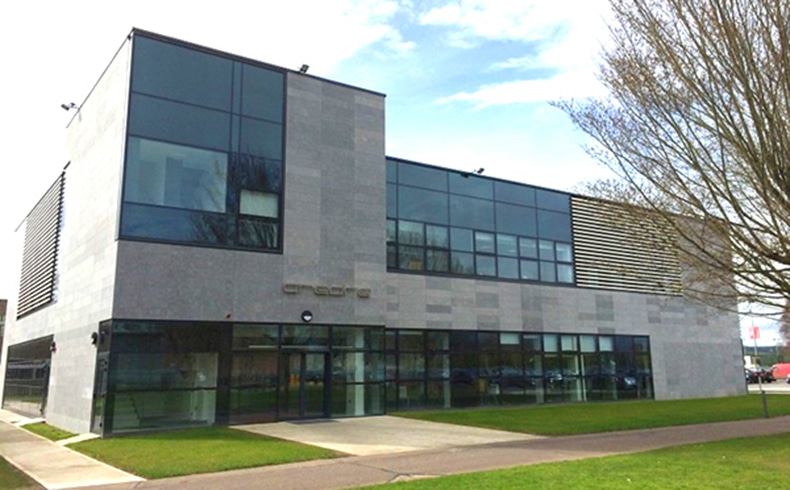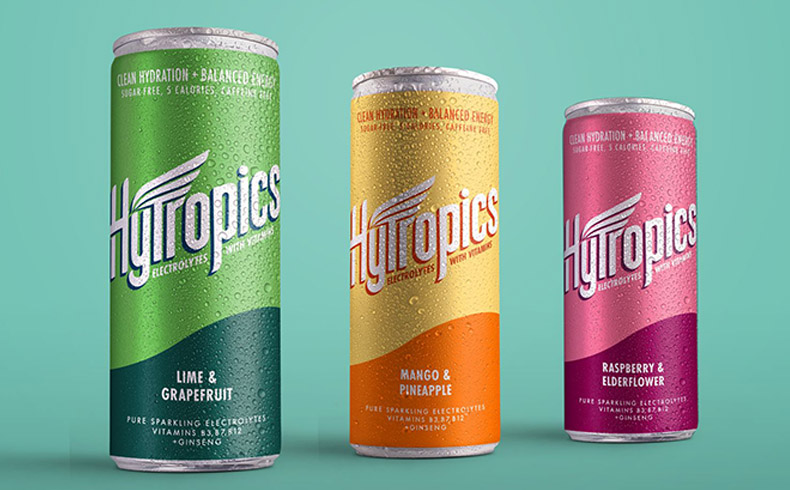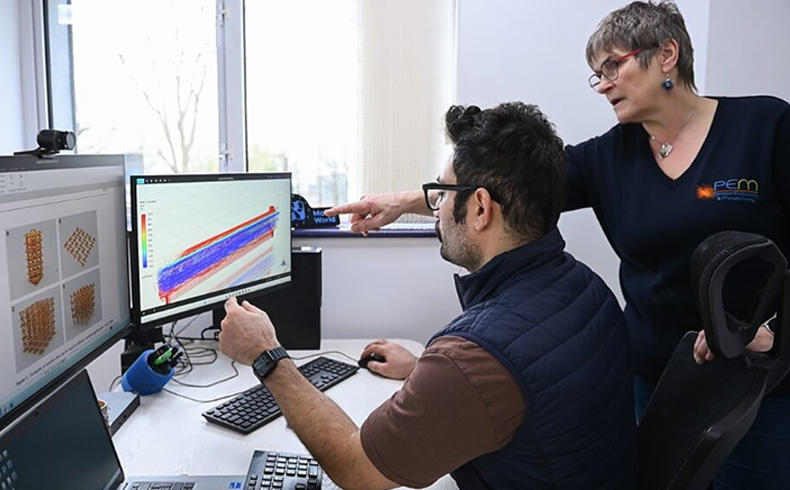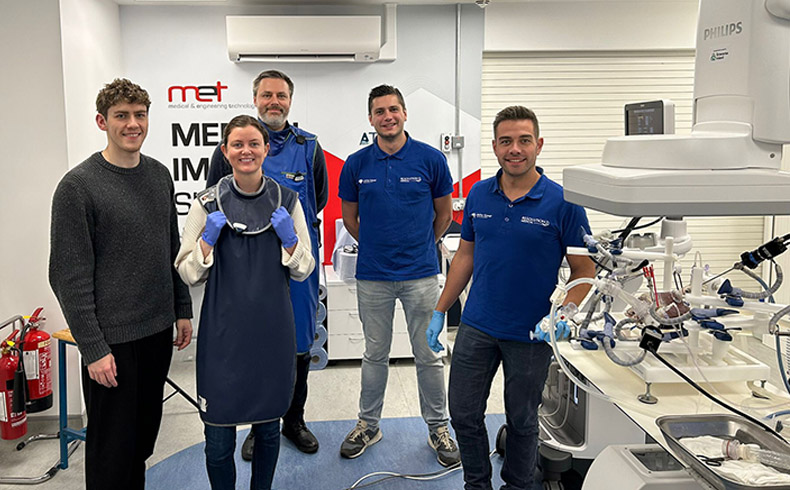The CAPPA Centre Technology Gateway, based in MTU Cork, applies light-based photonic technologies for near-to-market solutions in areas as diverse as, medical devices, food and beverage, pharmaceuticals, agri-tech and environmental and telecommunications. A major strand of CAPPA’s activities focuses on bringing the benefits of photonics technology to a diverse range of industry partners, by utilizing both in house technology and off the shelf solutions to develop a range of sensors for product development and process monitoring and improvement.
Background to CAPPA
In 2007, the group was awarded funding from Enterprise Ireland to establish an Applied Research Enhancement centre, with a specific remit to provide photonics solutions to regional and national industry. The centre was given the name Centre for Advanced Photonics & Process Analysis (CAPPA).
CAPPA has developed links with over 200 national and international companies, publishing over 90 journal papers, working with 11 of the top 100 universities internationally and achieving over €26 million in funding, including several European FP7 and Horizon 2020 projects. In 2013, the group was awarded funding for a CAPPA Technology Gateway.
In May 2014, CAPPA moved into the state-of-the-art CREATE building which was funded by the Higher Education Authority. From 2014 to 2018, CAPPA continued to grow on both a national and international level. During this period, CAPPA began working on additional academic and industry-led projects.
In 2018, CAPPA received additional funding from the Technology Gateways for the period 2018-2022 and is one of seven gateways involved in the Irish Food Tech cluster.
What is Photonics
Photonics is the science of generating, controlling, and detecting light, and is a key enabling technology underpinning many different application areas. Examples addressed by CAPPA include advanced imaging, microscopy & spectroscopy, where a suite of powerful spectroscopy and microscopy techniques covering a wide wavelength range (including FTIR, Raman, UV/Vis) provide detailed information on process flows, product assessment and development, chemical composition, ingredient distribution, device dynamics and general material analysis. Photonics can be used to detect counterfeit products, aid root cause analysis, and investigate novel methods of imaging, among a variety of other applications.
What are CAPPA’s main areas of expertise:
· Manufacturing Technologies: Product/Process development
· Devices & Sensors for analysis/monitoring
· Food & Beverages
· MedTech & Pharmaceuticals
· Agri-Tech
· New photonics devices involving Design/Lighting/Imaging
In addition to the above CAPPA is also extremely experience in proposal writing and funding opportunities, from local right through to EU level.
What technology is used in CAPPA?
The centre focus on optics and photonics, including light and light-based systems with the addition of automation and data analysis. Specific wavelengths of light interact with a huge variety of materials in a no of distinct and discreet ways. By understanding these interactions, it is possible to gain insightful and valuable information regarding the nature of a product or process.
What type of facilities are provided?
A wide range of facilities is provided onsite including:
· NIR/MIR Spectroscopy
· UV-Vis and Fluorescence Spectroscopy
· Raman Spectroscopy
· Scanning Electron Microscopy
· Optical Design and Simulation.
· Hyperspectral Imaging.
What type of companies have CAPPA collaborated with over the past 5 years?
CAPPA has worked with over 220 companies including start-ups, SMEs and MNCs in sectors such as food and beverages, medical, pharmaceutical, consumer electronics, telecommunications and photonics.
CAPPA supports your project developments by working through you ideas, developing an R&D roadmap, constructing a project workplan and exploring avenues for funding. At each stage we work closely to ensure that our partners are fully engaged and understand each element of the process. We are also happy to help our collaborators source alternative skillsets that might be required to execute their project ideas.
We encourage all our potential collaborators to contact us to discuss their ideas in confidence on a no expectation basis. We are happy to assist with all queries.
What regions does CAPPA work in ?
CAPPA works with companies from all over Ireland and collaborates with academic partners worldwide.
To find out more about CAPPA, check out their page and follow them on Twitter and LinkedIn for all the latest news and events!



